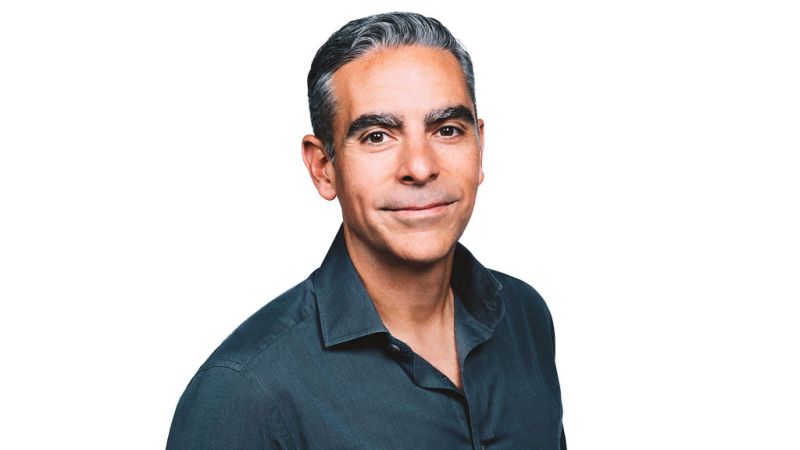
<p class="canvas-atom canvas-text Mb(1.0em) Mb(0)–sm Mt(0.8em)–sm" type="text" content="Reportedly Facebook Financial, or F2, will be command central for all of the company’s payment services, including its nascent Facebook Pay offering, which debuted in November.” data-reactid=”20″>Reportedly Facebook Financial, or F2, will be command central for all of the company’s payment services, including its nascent Facebook Pay offering, which debuted in November.
<p class="canvas-atom canvas-text Mb(1.0em) Mb(0)–sm Mt(0.8em)–sm" type="text" content="More from WWD” data-reactid=”21″>More from WWD
The company hasn’t issued an official announcement on the creation of this business unit, but in public comments, Marcus explained, “We have a lot of commerce stuff going on across Facebook. It felt like it was the right thing to do to rationalize the strategy at a company level around all things payments.”
The F2 division appears to satisfy several Facebook priorities in one shot: Over the last few years, the social giant has been looking to tie its various apps together under the Facebook umbrella, and a single payments infrastructure looks like yet another step toward uniting them.
Previously, Facebook Pay was a fragmented proposition, forcing users to sign up individually per app, whether Instagram or WhatsApp. That’s expected to change now, with F2 facilitating Facebook transactions across its own network as well as Instagram, WhatsApp and Messenger.
Meanwhile, breaking out a new division focused on transactions helps cement Facebook’s pursuit of commerce, with the payments service becoming a foundational system that moves the effort forward.
On Facebook’s second-quarter earnings call last month, chief executive officer Mark Zuckerberg was bullish about the marriage of commerce and messaging: “As payments grow across Messenger and WhatsApp, and as we’re able to roll that out in more places, I think that that will only grow as a trend,” he said.
Marcus looks like the right person to head the effort. After his tenure at PayPal, he joined Facebook in 2014 as vice president of messaging products before moving onto Libra, the Facebook cryptocurrency project he helped create. He won’t be moving on completely — he’ll still manage Novi, the digital wallet initiative for Libra, in addition to working on WhatsApp payments in other markets.
The F2 team also lured Stephane Kasriel, ceo at Upwork, to become vice president.
Together, they’re tasked with creating a cohesive financial infrastructure that will underpin transactions throughout Facebook’s family of apps during a critical time. The company recently accelerated its focus on commerce with new shopping debuts across the parent network and Instagram. It’s worth noting that these latest steps arrived during a time of heightened scrutiny over Facebook’s approach to data privacy and its advertising business in the U.S., as well as Europe.
Keeping users engaged, and using shopping to do it, likely benefits Facebook’s ad business. And developing a successful payments platform to go along with it may even help diversify the company’s revenue model, at least someday.
Yet Wall Street seems unsure about this move. On Monday, after the news broke, Facebook stock closed 2.03 percent down, landing at $263, despite surging to a record high the week before on the heels of a strong earnings report.












